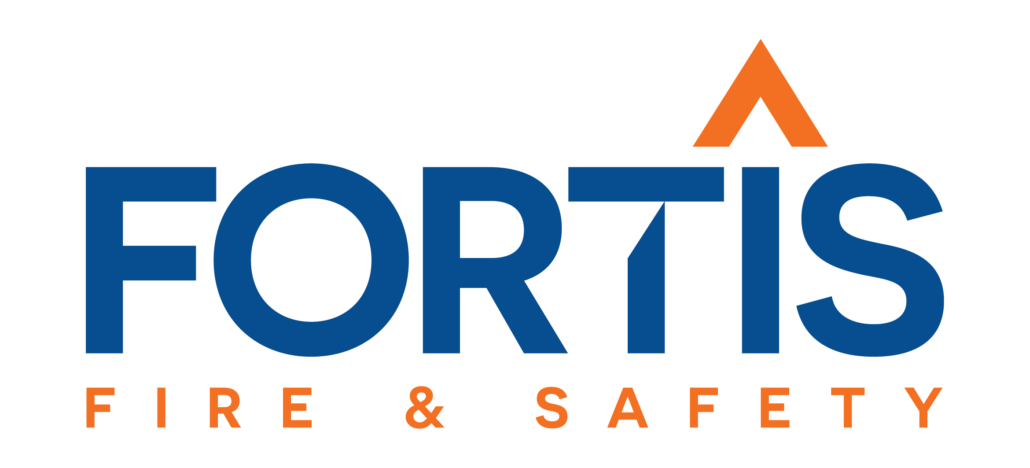What it Means to be Certified
Fortis Fire & Safety is dedicated to safety, both for our employees and the clients we serve. And we believe that an integral part of that safety culture is through certifications and training.
“There is a sense of pride in achieving certification,” says Peter Shull, Director of Operations at LifeSafety Management, A Fortis Brand.
Our customers can rest assured that we have the necessary knowledge to complete safe and quality inspections, testing, and maintenance of their fire safety systems.
When our team members take their examinations and work toward renewals, we reimburse them to encourage continuing education, especially for NICET and ACE Certifications.
NICET CERTIFICATIONS
NICET, or National Institute for Certification in Engineering Technologies, is part of a society of professional engineers, providing certifications around engineering work, including fire protection, civil programs, electrical power testing, and more.
For the fire protection certifications, the first level of certification typically takes about six months of experience, whereas a level-four certification generally requires 10 years on the job.
While Fortis provides training through apprenticeships and on-the-job training, NICET provides the certification, a measure of knowledge and ability to demonstrate proficiency.
Fortis has numerous individuals who hold NICET certification in all five of the fire protection programs:
- Fire Alarm Systems
- Inspection and Testing of Fire Alarm Systems
- Inspection and Testing of Water-Based Systems
- Special Hazards Systems
- Water-Based Systems Layout
ACE CERTIFICATIONS
ACE, or Academy Certification Exams, provides certifications for water-based fire protection systems and is an alternative to NICET in Florida and Georgia.
The process of getting certified looks like this:
Level-one certification requires 16-plus hours of training, along with an extensive exam designed to verify essential knowledge and skills required for entry-level inspectors.
From there, level-two certification has a 32-hour training requirement, with 24 hours spent inspecting and testing water-based fire protection systems. Work experience totaling 2,000 hours of inspection also provides a foundation for displaying knowledge of these systems.
Level-three certifications are set to be released in early 2024.
We believe that investing in our people ensures we have the resources and caliber of a company that consistently provides world-class service to customers. Through our dedication to training and certification, we invest in our people and their safety, as well as the customer and the industry as a whole.





